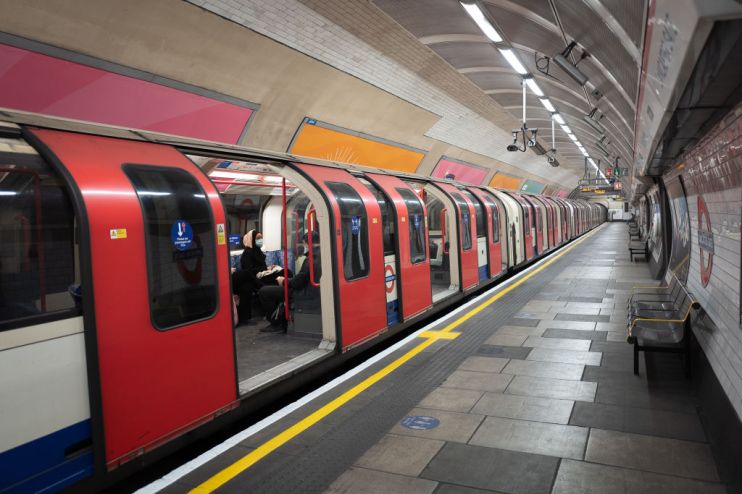Reducing TfL service levels risks ‘cycle of decline’ in capital, ministers warned

Forcing Transport for London to reduce service levels as part of its new bailout package could hamper the capital’s recovery from the pandemic and instigate a “cycle of decline”, a group of London business leaders has said.
It came as the transport network warned that it had no more mega-projects planned after current works are finished.
In a letter to the Treasury, they wrote that there was a “very real prospect” that the need to make short- term cost savings could “induc[e] a cycle of decline in which today’s low passenger numbers are used to justify funding and service level cuts”.
“In turn, [this could] make services less appealing so fewer people use them and further cuts are made”.
It added that cuts would not make significant savings, but instead risk “suppressing the economic recovery where it is most needed”.
London Mayor Sadiq Khan said that he sympathised with the plight of business, adding that service changes “would jeopardise jobs and result in further damage to the economy”.
The concerns come after it was revealed that TfL is planning to take a step away from mega-projects as a result of the pandemic and the resulting cash crunch.
At yesterday’s TfL board meeting, finance chief Simon Kilonback said that after Crossrail and the Northern Line extension are finished, the network has no more large projects in the pipeline.
Before the Open: Get the jump on the markets with our early morning newsletter
As a result of its funding crisis, it has put long-mooted projects such as the north-south Crossrail 2 link and the Bakerloo line extension on ice.
Kilonback’s comments, which were first reported by the Evening Standard, came as a self-imposed deadline to reach a new funding deal with government came and went for TfL.
The network is seeking a multi-year deal in order to get its finances back on track, but will need a further £3bn over the next financial year to fund its operations.
It has also asked for £1.6bn every year from 2023 to 2030 for capital spending on large scale projects.
The letter’s signees, which included the chief executives of business groups London First and the London Chamber of Commerce, urged the Treasury not to let negotiations go “down to the wire” again.
They called for the negotiations to be resolved by 29 March, when the stay-at-home rule ends, at the latest. The previous two sets of talks saw negotiations overrun.
Khan added: “Failure to support TfL would be cutting off your nose to spite your face, at a time when we all need to pull together to overcome the major hurdles that the next few months will bring and begin a green recovery from the devastating effects of the pandemic.
“The government shouldn’t be leaving discussions to the last minute, as has been the case previously – instead it should be working with us for a deal which is good for the whole country.”
City A.M. has contacted the Treasury for comment.